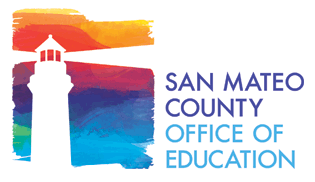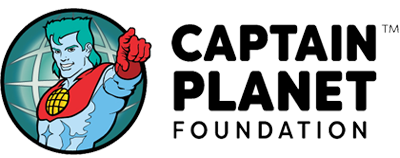
Apr 15, 2020
In this lesson, students learn the basics of solar science and site assessment, conduct research for a solar site analysis, and design a solar array using SketchUp, a computer automated design technology. View Lesson Grade Level: 9 – 12 Source: Strategic Energy...
Apr 10, 2020
In this lesson, students consider the idea of “zero waste” and their part in making this a reality. Students go on a waste hunt to survey and document items that are thrown away. Then, using the Habits of a Systems Thinker as a guide, students grapple with finding a...

Apr 10, 2020
World Savvy’s Knowledge to Action framework is a design thinking-based process that helps students build knowledge, skills, attitudes, and behaviors for global competency. Students research issues related to the United Nations Sustainable Development Goals and come up...

Apr 10, 2020
This framework is a “take and teach” guide for implementing student-centered learning experiences where students analyze real-world environmental and social justice issues and develop solutions that seek to mitigate these problems. Includes student handouts, examples,...

Apr 10, 2020
In this lesson, students gather, organize, and interpret data to create a biodiversity timeline for a species of their choosing, identify causational relationships between human activities and fluctuations in their chosen species’ population size, and evaluate and...

Apr 10, 2020
In this lesson, students analyze and predict current and future impacts to Earth’s systems based on three societal choices to address climate change, explore how adaption and mitigation strategies can work to minimize suffering, and develop an evidence-based action...

Apr 10, 2020
This module consists of four lessons that challenge students to examine issues around waste, waste management, and how everyday actions have an impact on ecosystems. View Lesson Grade Level: 9 – 12 Source: Learning Lab (U.S. Green Building...

Apr 10, 2020
In this lesson, students explore the effects that ecosystem disruptions have on animal populations and use evidence that they gather through media and background reading to produce an essay or visual model. Lesson extensions to further student investigation and...

Apr 10, 2020
In this project-based learning experience, students investigate the differences between healthy and unhealthy soil; examine the relationships that has soil with plants, animals, the atmosphere, and the climate; identify a place in their community with unhealthy soil;...
Apr 10, 2020
In this lesson, students learn about the Habits of a Systems Thinker and apply them to articles that explain how places and companies have already achieved “zero waste.” They explore the Material Cycles hierarchy and apply this to their idea for eliminating “waste.”...









